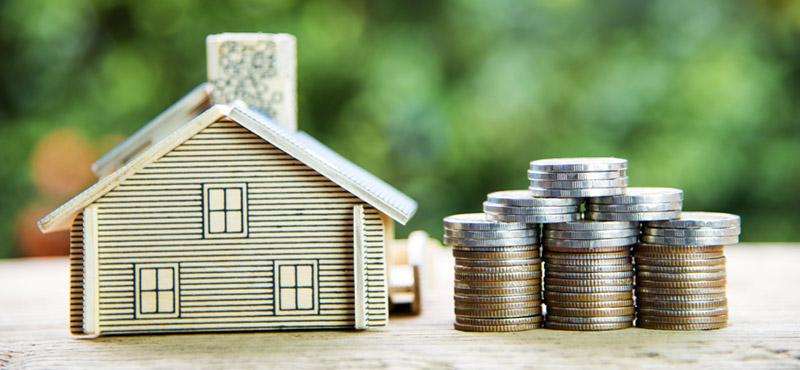Are you a homebuyer who is concerned with how GST will impact you? Do you have questions like will the prices of residential real estate go down? Will the prices soar higher? Or will they stay the same?
Are you a developer who is worried about material costs and inputs? Are you interested to learn more about how the new indirect tax regime will subsume nearly a dozen central and state taxes?
Truth is, whether you are a buyer, seller, developer, intermediary, financier or investor, GST is sure to impact everyone in the real estate sector in more ways than one.
Implemented by President, Pranab Mukherjee and Prime Minister, Narendra Modi on July 1st, 2017, GST or the Goods and Services Tax (GST) is unmistakably the most unique tax related reform India has seen in decades, affecting a total and dramatic change in the system.
It promises to eradicate a bunch of central and state taxes, including excise duty, value-added tax (VAT) and service tax, eliminating the conflicting and cascading taxation structures, which have confounded and disappointed several industries in the past.
The ‘one-nation, one-tax’ principle covers all goods and services. It even increases tax collection by making it easier for retailers and businesses. However, it is important to note that the favourable impacts of this new tax regime will be enjoyed only after 2-3 years of its implementation.
Impact On Residential Real Estate
If one studies the residential property sector, sales are not affected by tax rates but by sentiment as well, and also because of lack of trust which the Real Estate Regulation and Development Act (RERA) is addressing now.
Analysts believe that GST will be a huge sentiment booster for property buyers. Though it may not be instrumental in bringing down residential real estate prices instantly in the short term, it will benefit all the stakeholders of the residential real estate sector in the long run.
It is expected to bring about a positive change for the sector with property prices likely to go down by 1-3 %. The impact, however, will of course, vary depending on the extent of input credit transferred, cost structure and property completion status.
Being a buyer or investor, you may be understandably worried and perplexed about the final ticket price of homes today; whether it will go up even if the Government levies GST at 12%, when compared to the existing service tax rates. However, the newly implemented reforms and the evolving market dynamics have already brought about the change in the way developers work, turning them more customer-centric and delivery focused.
Impact On Commercial Real Estate
With the existing service tax for commercial leases at 15%, GST is likely to be neutral overall on commercial office real estate (at 12% slight savings, and at 18% slight increase).
Impact On Rental Housing
There is a common apprehension pertaining to the rental housing market that it would be majorly impacted if the Government were to tax residential leases under GST. This would automatically result in the rental housing segment seeing a huge slump over the mid-term, since residential leases are not currently taxed at all.
In this regard, it is important to remember that residential leasing has been an age-old practice and the demand for it will not disappear just because of higher taxes. However, there are possible chances of rental stagnation or marginal decline of the market as it adjusts to the new dynamics of GST.
That said, the rental housing demand has always been high and end-user driven by nature. So the rental business is certainly not going bankrupt or underground because of GST even if it does tax residential leases.
Benefit To Property Buyers
A simple and transparent tax regime on the purchase price of a home under GST is by far the best outcome for property buyers. Earlier VAT (with rates varying from state to state) and service tax amounted to 7-9% of the ticket price for a residential property, which is 3-4% lower than the GST rate. However, if the builders pass on the benefit of price reduction due to input tax credit to the buyer, the property buyers can benefit immensely.
Benefit To Developers
Before the GST tax regime, a real estate developer was supposed to pay central excise duty, VAT and entry taxes (levied by the state) on construction material cost. Together with this, he had to pay labour charges, architect fees, approval charges, legal fees, etc for the services used at a service tax of 15%. So he was victim to multiple taxation and poor gains.
Experts believe that the major construction material costs may not have seen a significant change in the tax rate under the GST regime, but lower transportation and logistics costs will reduce the overall overheads.


